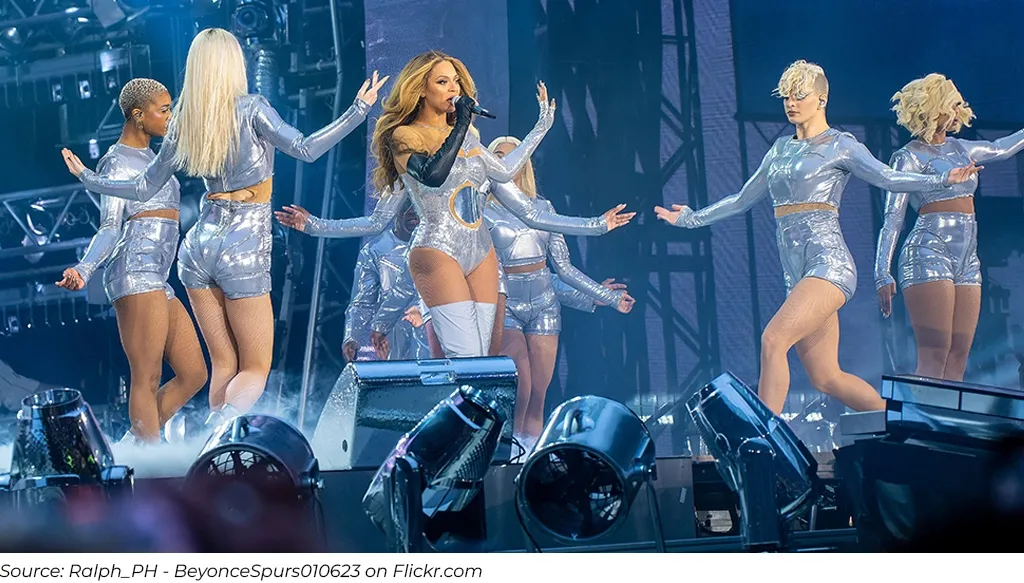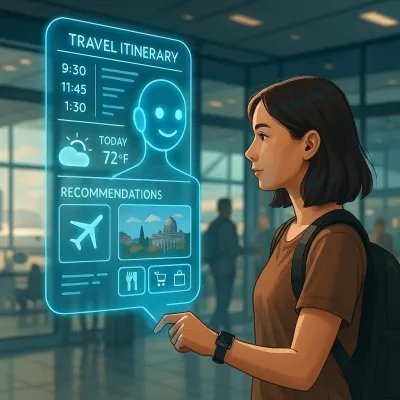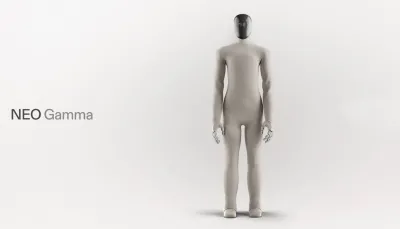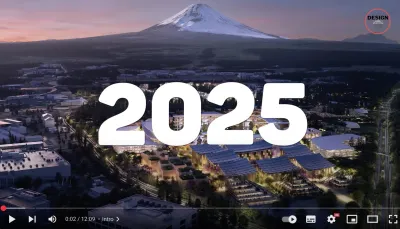“Cowboy Carter” tour
Pop culture
Economic engine
The Beyoncé Effect
AirbnBeyoncé: How Queen Bey Is Driving the Tour Economy Boom

“Cowboy Carter” tour
Pop culture
Economic engine
The Beyoncé Effect
The pop icon’s “Cowboy Carter” tour is more than music—it’s an economic movement, proving culture has the power to shift markets.
When Beyoncé hits the road, the world listens—and apparently, it books Airbnbs, too.
With the highly anticipated launch of her Cowboy Carter tour, Beyoncé is not only redefining genres with her bold venture into country music, but she’s also rewriting the rules of cultural economics. In cities across the U.S., Airbnb searches are skyrocketing—some by triple-digit percentages—for the nights Queen Bey is set to perform. It’s a case study in how one cultural icon can stir travel demand, boost local economies, and even rattle national economic indicators.
Pop Culture as an Economic Engine
According to a recent Axios report, Houston—Beyoncé’s hometown—saw a staggering 620% surge in Airbnb searches for her tour dates, compared to the same period last year. Atlanta recorded a 400% increase. Washington, D.C. experienced a 150% jump. And Chicago followed closely with a 100% rise.
These aren’t just tourism numbers. They’re economic shockwaves.
“When you see a spike like that, it’s not just fans booking rooms,” says travel industry analyst Lisa Monroe. “It’s transportation, dining, retail, and nightlife. A Beyoncé concert can lift a city’s entire weekend economy.”
The Beyoncé Effect: From Stadiums to Stock Markets
This isn’t new territory for the artist, whose cultural impact is as expansive as her discography. In 2023, her Renaissance tour stop in Stockholm was cited by Danske Bank as a contributing factor in a surprise rise in Sweden’s inflation. The sudden influx of visitors drove up hotel and restaurant prices, prompting a ripple effect economists hadn’t anticipated.
“That’s when the conversation changed,” says Monroe. “People started seeing pop culture—especially the kind Beyoncé creates—not just as entertainment, but as a market-moving force.”
Cowboy Carter: A Cultural Statement, A Market Catalyst
With Cowboy Carter, Beyoncé has once again steered the cultural conversation, blending country roots with Black American history in a genre long criticized for its lack of diversity. The result? A movement that’s not only artistic but economic.
Fans aren’t just traveling for music—they’re participating in a cultural moment. That sense of being part of history is a powerful motivator, one that fills hotel rooms, drives demand for short-term rentals, and revitalizes urban economies in the process.
Airbnb, Local Economies, and the Tour Economy Boom
The rise of Airbnb as a key player in this economic upswing speaks volumes. Unlike traditional hotels, Airbnb benefits are more widely distributed—spreading income across hosts in various neighborhoods, many of whom are local residents.
“Large-scale tours used to mean full hotels downtown. Now, it means vibrant local economies in residential neighborhoods,” says Malik Carter, a Houston-based Airbnb Superhost. “Beyoncé’s tour isn’t just bringing fans—it’s bringing business.”
And the data backs it up. In cities with high Airbnb search spikes during her tour dates, local restaurants, small boutiques, and rideshare drivers report higher-than-usual weekend revenues.
A Blueprint for the Future of Culture-Driven Tourism
What Beyoncé represents—both culturally and economically—is a new model for destination demand: one driven not by seasons or geography, but by moments. Moments that matter. Moments that move.
This shift is significant for city planners, tourism boards, and even venture capital firms seeking to tap into the future of travel. Investing in cultural events, fan-driven experiences, and artist-led initiatives isn’t just good branding—it’s smart business.
As the Cowboy Carter tour rolls on, don’t be surprised if cities lobby for a stop or two. After all, a Beyoncé concert might just be the most effective local stimulus package since the American Recovery Act.
Culture Moves Markets—Literally
From driving inflation in Sweden to boosting Airbnb bookings by over 600% in Houston, Beyoncé continues to prove that her influence transcends entertainment. She doesn’t just break the internet—she bends the economy.
And as the lines between culture, commerce, and community continue to blur, one thing becomes clear: the future of travel might just wear a cowboy hat and go by the name Yoncé.



